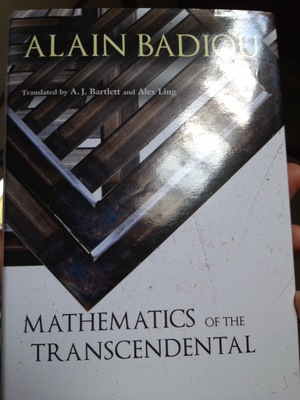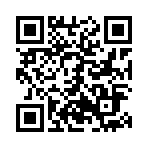2015年10月13日
A start on mathematics
As might have been stated before, I really love philosophy. Philosophy is not just argument for argument’s sake and it is not just navel gazing and it is not just armchair theorizing. These, I think, are common misconceptions. Pursuing philosophy is not just “learning how to think.” One way to think about philosophy is to consider reflexivity, or how something “counts” or has meaning. One branch of philosophy is ethics, basically defined as the study of how one should behave. Start from ethics and perhaps the interests of philosophy are all of ours. But yet, what about ontology, or the study of being, or mathematics? Why should we care about all of that, beside mathematical applications in physics and the “useful” sciences? How can we think of “just numbers” as ethical? How can we “live” and act numerically, or with numbers? We can start perhaps by thinking of teaching and the classroom. Teaching is clearly not a mere computation or “punching of numbers” or calculating. Our students and children are each unique. Naming someone is not to number someone. So how can we think numerically, or with numbers, in our lives when we all have names, when we are all unique, when we are all “not just a number”? Lately I have been trying to think about these kinds of questions, so recently I have begun the pictured book. It is very tough going and abstract at the moment, but once I "get some definitions down” (“get something down” = learn) I should be able to move through it a lot more comfortably. So despite its difficulties, it is also a very enjoyable venture, a bit like learning a new language. This book’s title’s reference to the “transcendent” is a reference to its studies of infinities and other number types that seek to make sense of each thing’s uniqueness.






